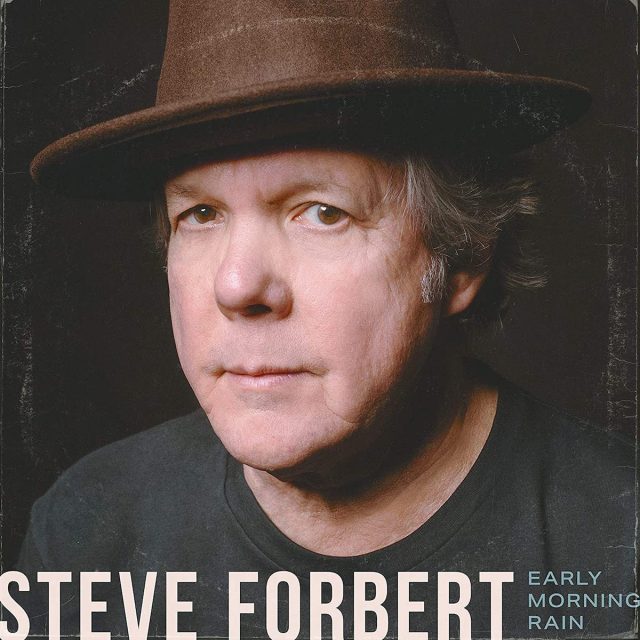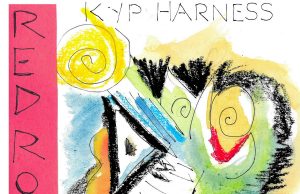Steve Forbert has already written plenty of his own singles. So, on the veteran troubadour’s 20th album, he tackles 11 classic from other artists for a change. And it’s definitely a positive change. Early Morning Rain’s set list is inspired in its variety, embracing everything from expected entries like the Gordon Lightfoot title track, Leonard Cohen’s Suzanne and Bob Dylan’s Dignity to Elton John’s Your Song, The Grateful Dead’s Box of Rain and The Kinks’s Supersonic Rocketship. Thankfully, for the most part, the rapsy Forbert handles his end of the bargain respectfully and lovingly, without trying to fix things that were never broken in the first place. Which is presumably the way he’d want things to go if the whole cover-album shoe were on the other foot.
THE PRESS RELEASE: “More than four decades have passed since Steve Forbert made his way to New York City from his Meridian, Mississippi birthplace in quest of a career in music. It was the most unlikely time and place for a folk singer to leap into the fray in a burgeoning scene where new wave and punk were emerging while he took the stage as a the archetypal folkie, armed with just an acoustic guitar and sheaf of very personal songs. After busking on the street for change from passers by, he rose to sharing bills at CBGB’s with the likes of Talking Heads, The Shirts and John Cale as well as headlining more traditional venues such as The Bitter End and Kenny’s Castaways. Against staggering odds, he found blazing success early on with a string of critically acclaimed and commercially accepted albums including Alive on Arrival (1978), Jackrabbit Slim (1979), and Little Stevie Orbit (1980) and a most unlikely smash hit single, Romeo’s Tune. His career had its share of triumphs as well as stumbles and disappointments as did his private life. Through it all, over the course of a marriage, divorce, raising three children, writing and recording 18 studio albums and fronting an ever changing line-up of supporting musicians, he persevered and stayed true to his roots and the folk ethos.”








































